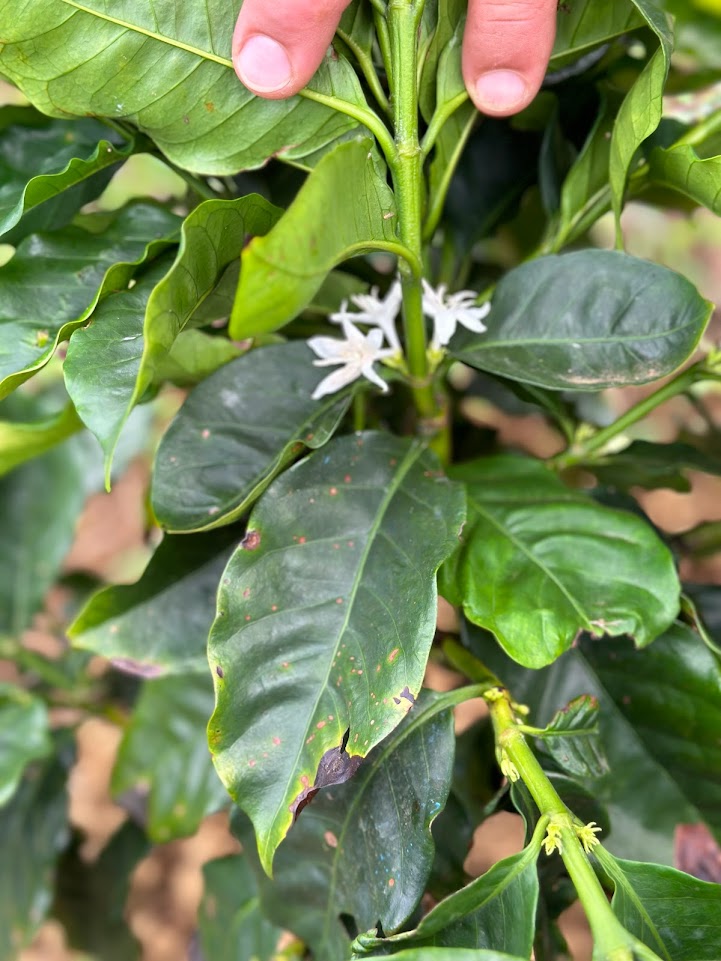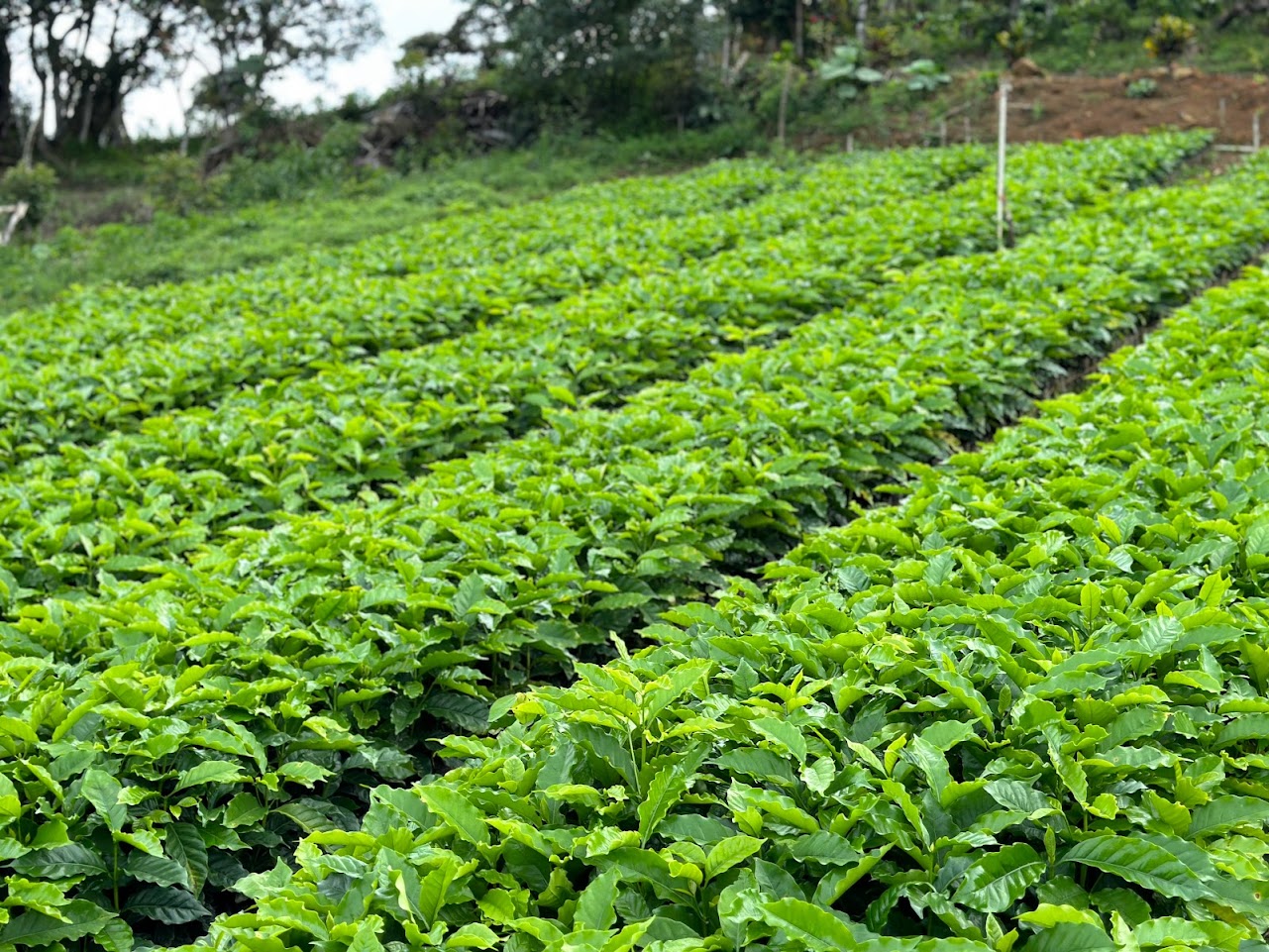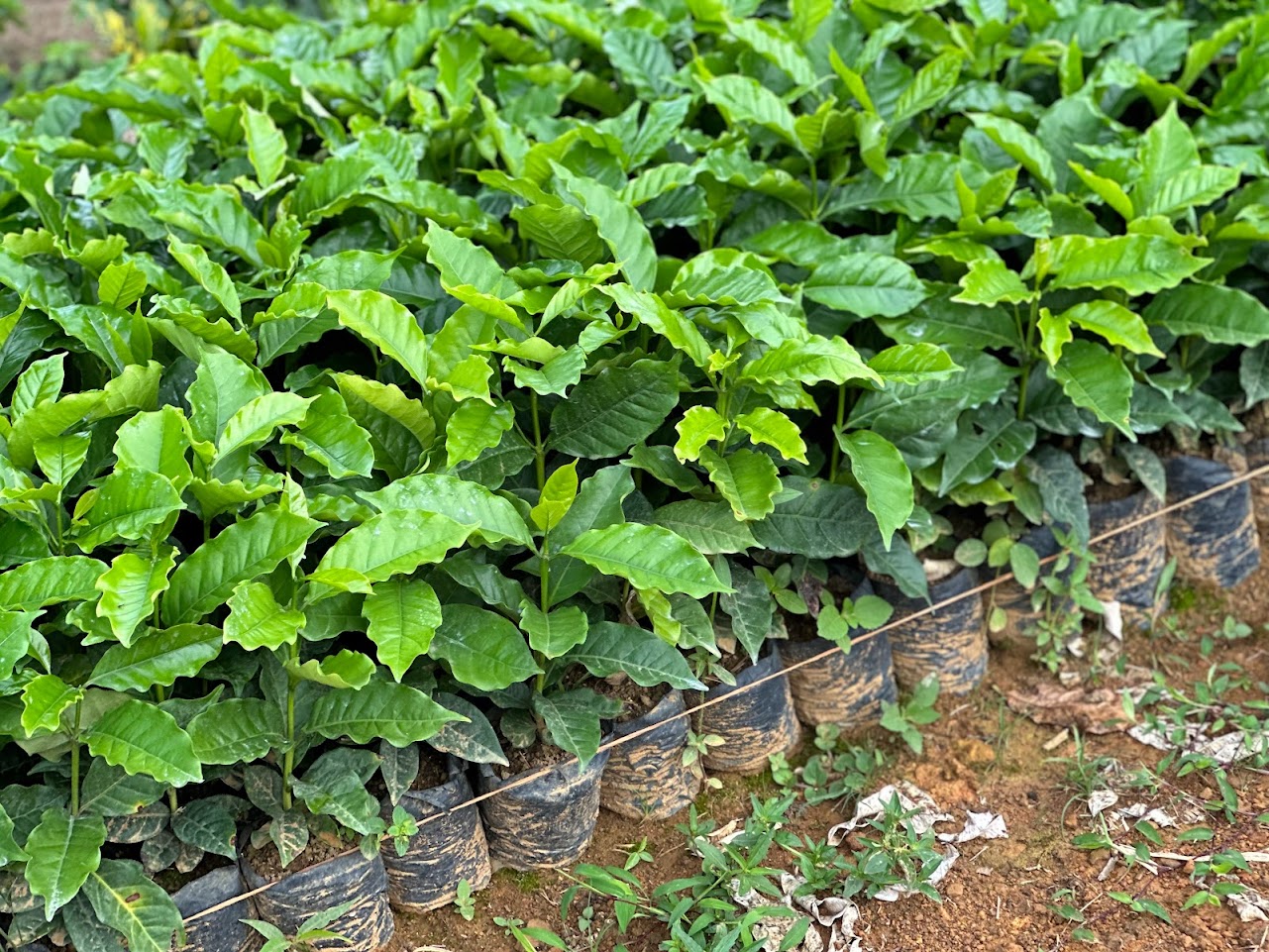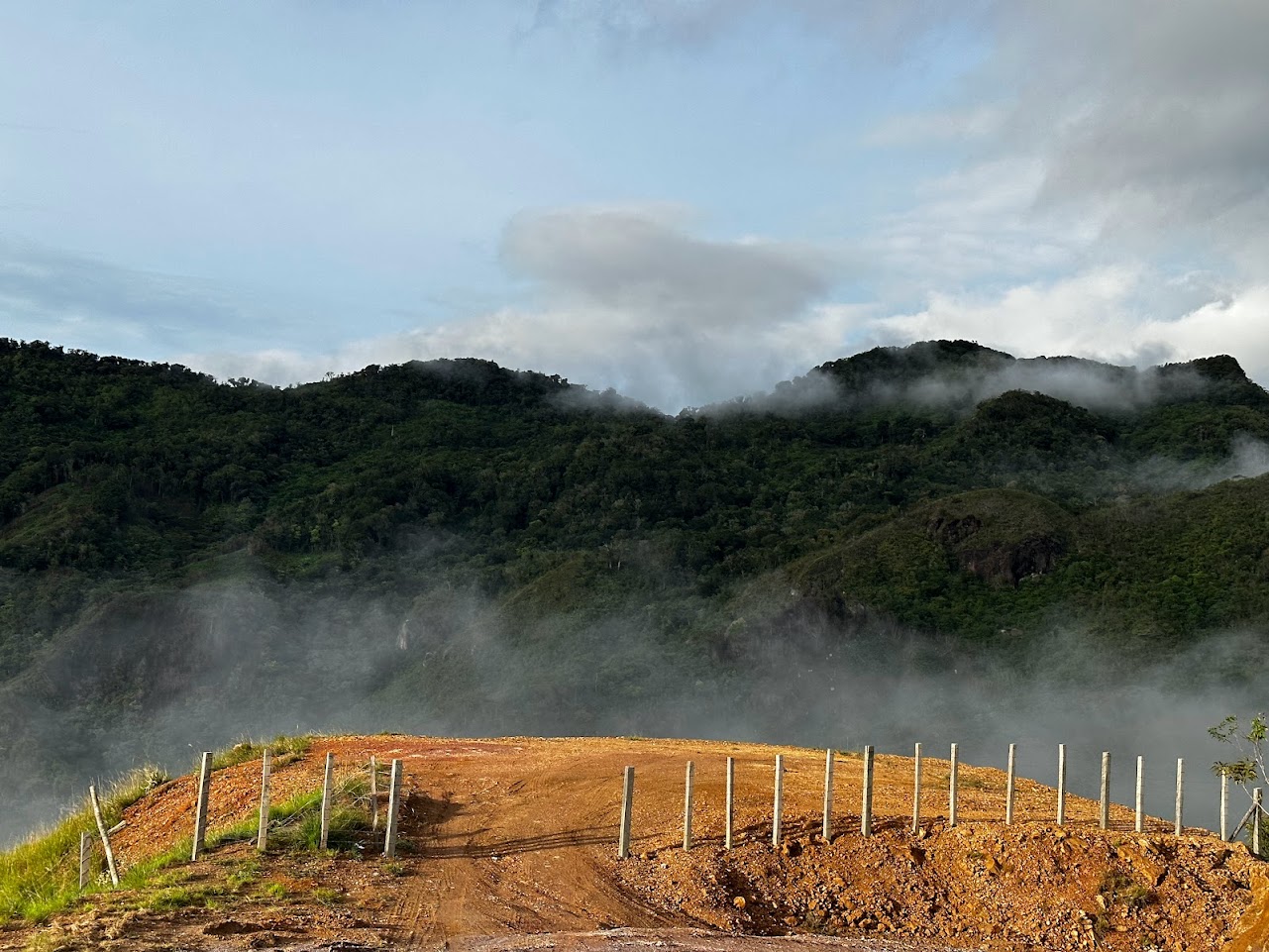
Panama is considered a safe place for investments, particularly in the agriculture sector, due to several factors that contribute to a favorable investment climate. Let’s explore why Panama is regarded as a safe place for agricultural investments:
- Political and Economic Stability: Panama has enjoyed political stability for many years, with a democratic government and a solid legal framework that protects property rights. The country has a long history of peaceful transitions of power, providing investors with confidence and stability. Panama’s economy is robust and growing, supported by sectors such as finance, logistics, and tourism. This stability and economic growth create a favorable environment for agricultural investments.
- Investment-Friendly Policies: Panama actively encourages foreign investments and has implemented policies to attract investors. The government has created incentives such as tax exemptions, duty-free importation of machinery and equipment, and streamlined processes for obtaining permits and licenses. Additionally, Panama offers a variety of investment vehicles and protection mechanisms, including bilateral investment treaties and legal frameworks that safeguard investor rights.
- Strategic Location and Infrastructure: Panama’s strategic location as a bridge between North and South America, coupled with its excellent transportation and logistics infrastructure, makes it an ideal hub for agricultural activities. The country boasts modern ports, a well-connected road network, and the renowned Panama Canal, which facilitates efficient trade and export opportunities. These infrastructure advantages enable farmers to access both regional and international markets with ease.
- Diverse Agro-Ecological Zones: Panama’s diverse agro-ecological zones offer a wide range of agricultural opportunities. The country’s fertile soils, favorable climate, and varying altitudes create conditions suitable for cultivating different crops. From coffee and cocoa to fruits, vegetables, and livestock, Panama provides a conducive environment for a diverse range of agricultural activities, allowing investors to explore various opportunities and mitigate risks associated with monoculture.
- Abundant Natural Resources and Biodiversity: Panama is blessed with abundant natural resources, including ample water sources, fertile land, and rich biodiversity. The country’s commitment to environmental conservation and sustainable practices contributes to the long-term viability of agricultural investments. Panama’s efforts to protect its forests, watersheds, and wildlife create a harmonious balance between agriculture and conservation, ensuring the preservation of natural resources for future generations.
- Strong Agricultural Tradition and Expertise: Panama has a rich agricultural heritage and a skilled workforce in the agricultural sector. Local farmers possess knowledge and expertise in various agricultural practices, including organic and sustainable farming methods. The availability of experienced agricultural professionals and a supportive farming community enhances the prospects of successful agricultural investments in Panama.
- Growing Domestic and Export Markets: Panama’s growing population and expanding middle class contribute to a rising demand for agricultural products within the domestic market. Additionally, the country’s strategic location and trade agreements provide access to regional and international markets, offering opportunities for agricultural exports. This growing market potential provides a favorable investment environment for agricultural ventures in Panama.
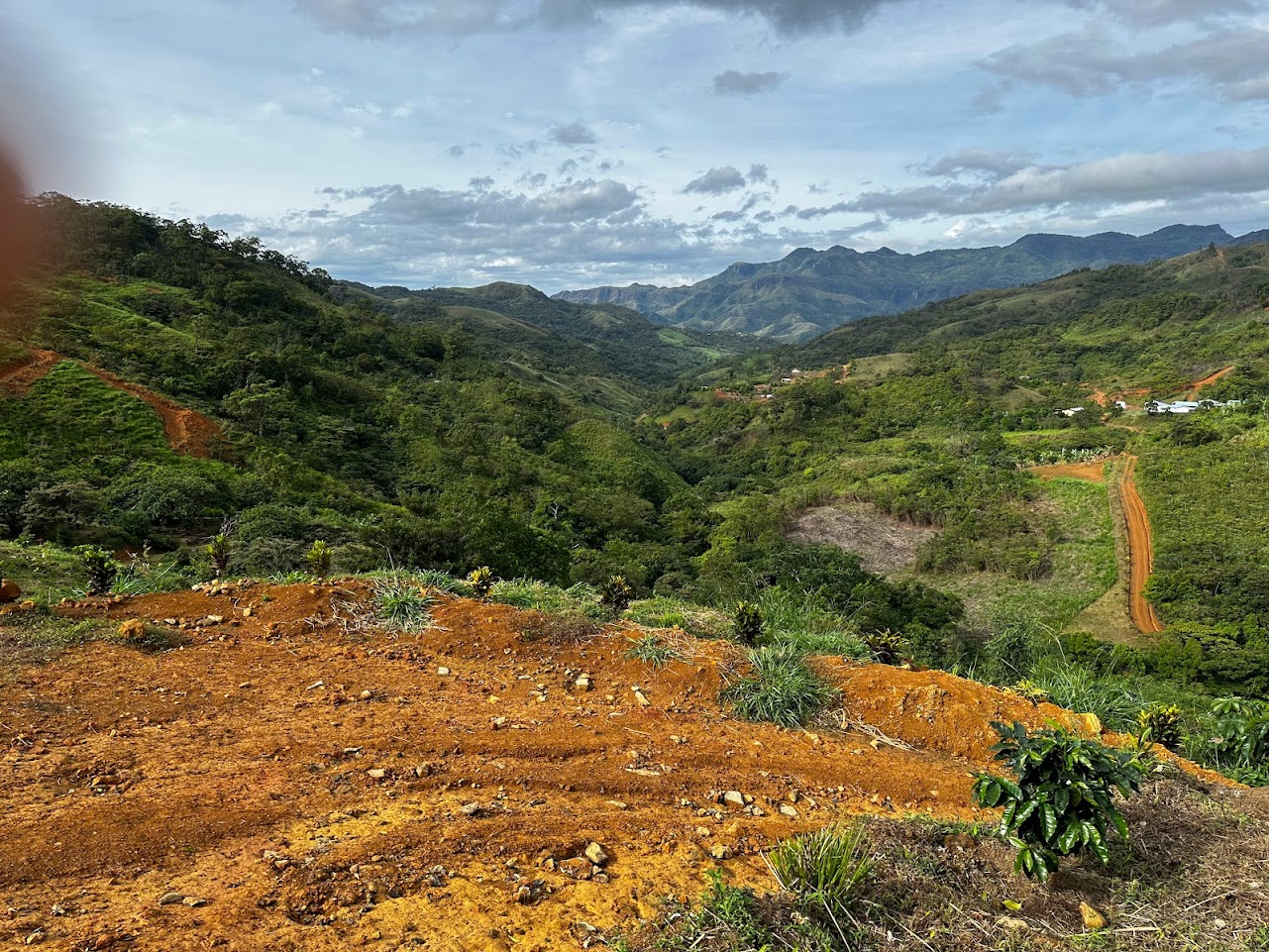
Panama’s political and economic stability, investment-friendly policies, strategic location and infrastructure, diverse agro-ecological zones, abundant natural resources, strong agricultural tradition, and growing markets make it a safe and attractive destination for agricultural investments. Investors in the agriculture sector can leverage these advantages to establish successful ventures and contribute to the country’s sustainable economic growth.
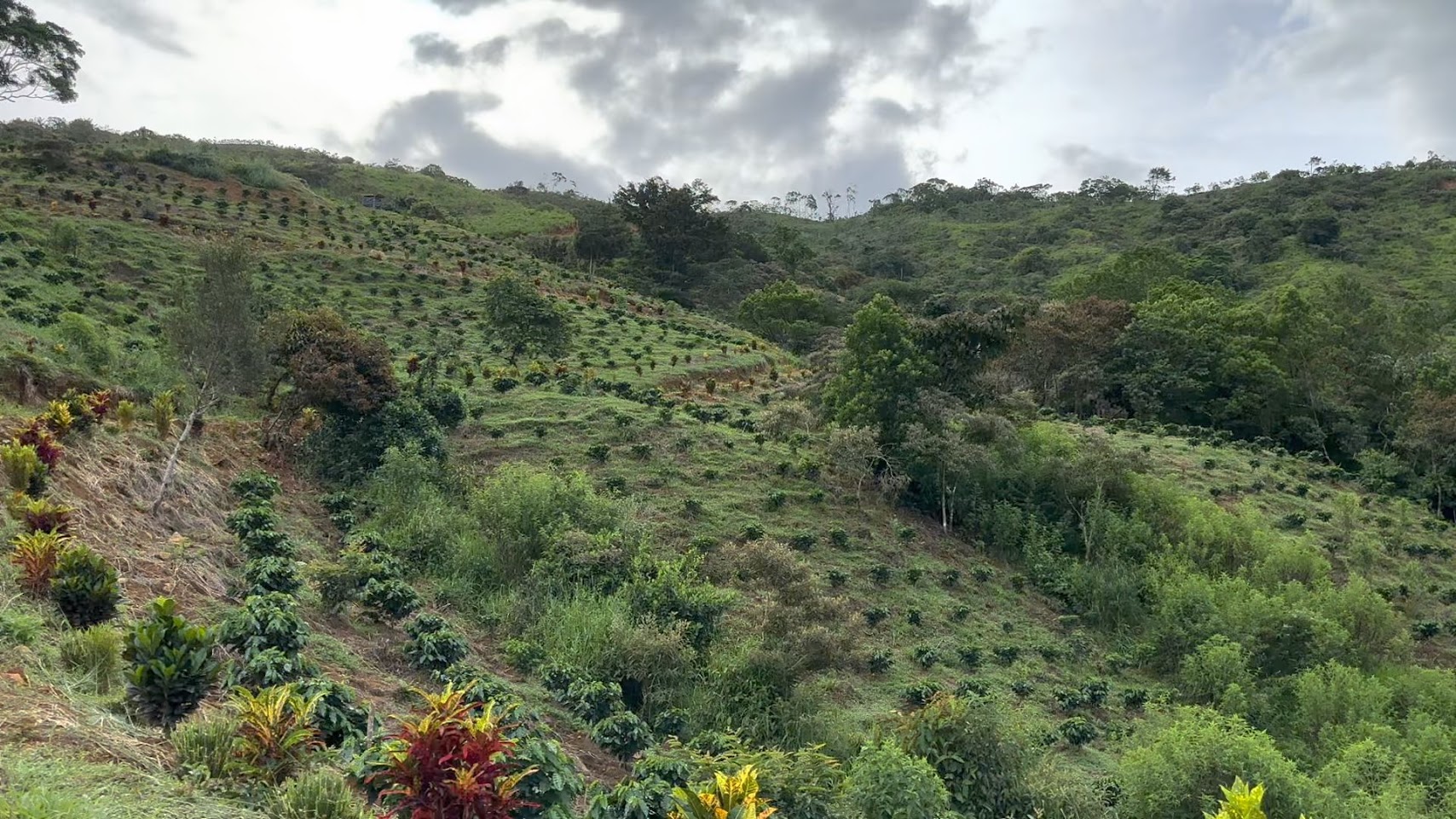
Veraguas Province in Panama is a region that holds great potential for coffee farming. Situated in the central part of the country, Veraguas offers favorable conditions for cultivating high-quality coffee beans. Let’s delve into the details of Veraguas Province, focusing on coffee farming, economy, labor, and climate:
Coffee Farming in Veraguas: Veraguas is known for its diverse microclimates and fertile soils, making it suitable for coffee cultivation. The province offers a range of altitudes, allowing for the cultivation of different coffee varieties with distinct flavor profiles. Coffee farms in Veraguas benefit from the region’s volcanic soils, which contribute to the unique characteristics and exceptional quality of the coffee produced.
Economy: Veraguas has a predominantly agricultural economy, with coffee farming being one of the key sectors. In addition to coffee, the province is known for its production of livestock, sugarcane, rice, and various fruits and vegetables. Coffee farming plays a vital role in generating income, providing employment, and contributing to the overall economic development of the region.
Labor: Coffee farming in Veraguas offers employment opportunities for both skilled and unskilled labor. The cultivation, harvesting, and processing of coffee beans require a significant workforce during the various stages of production. Local communities, including farmers and their families, contribute to the labor force, ensuring the success of coffee farms in Veraguas. Moreover, the coffee industry stimulates ancillary businesses and employment in sectors such as transportation, logistics, and coffee processing.
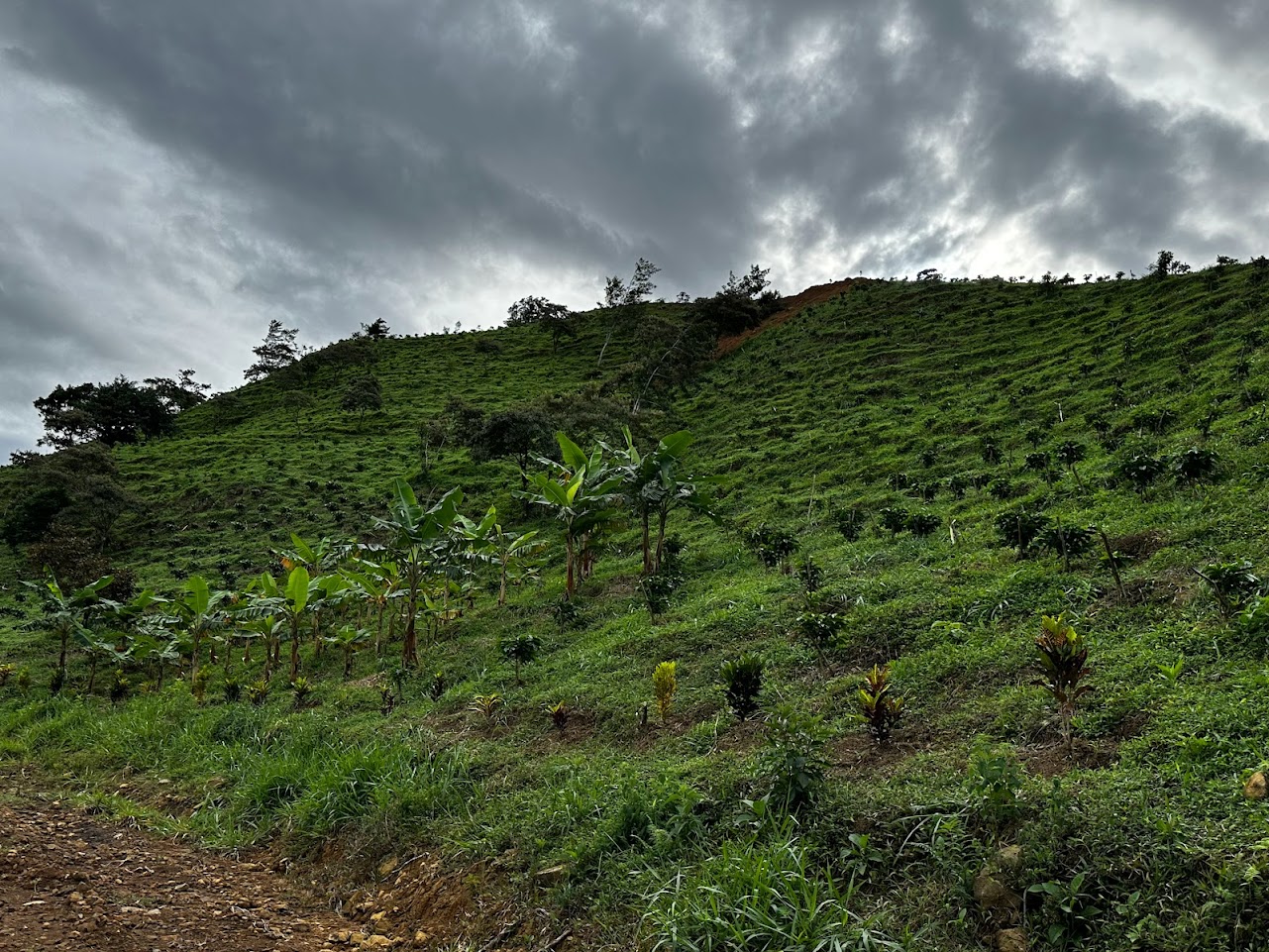
Climate: Veraguas experiences a tropical climate, characterized by a distinct wet and dry season. The region’s altitude variations influence the microclimates, resulting in different temperature ranges and precipitation patterns. The higher-altitude areas, such as the mountains of Santa Fe and Cerro Hoya National Park, provide cooler temperatures that are favorable for coffee cultivation. The rainfall patterns, combined with adequate sunshine, contribute to the growth and development of coffee plants in Veraguas.
The climate in Veraguas allows for the cultivation of both Arabica and Robusta coffee varieties. Arabica coffee thrives at higher altitudes with cooler temperatures, while Robusta coffee can be grown at lower elevations with slightly higher temperatures. This diversity in coffee varieties further enhances the opportunities for coffee farmers in Veraguas.
In recent years, Veraguas has seen an increased focus on sustainable and organic coffee farming practices. Many coffee producers in the region prioritize environmental conservation, minimizing the use of synthetic chemicals and promoting ecological balance. This approach not only supports the long-term viability of coffee farming but also aligns with the global trend of environmentally friendly and socially responsible agriculture.
Veraguas Province in Panama, with its diverse microclimates, fertile soils, and favorable labor conditions, provides an excellent environment for coffee farming. The region’s economy heavily relies on agriculture, with coffee being a prominent contributor. The tropical climate, altitude variations, and adequate rainfall in Veraguas create ideal conditions for growing high-quality coffee beans. As the province embraces sustainable practices, Veraguas is well-positioned to further strengthen its reputation as a premier coffee-producing region in Panama.




